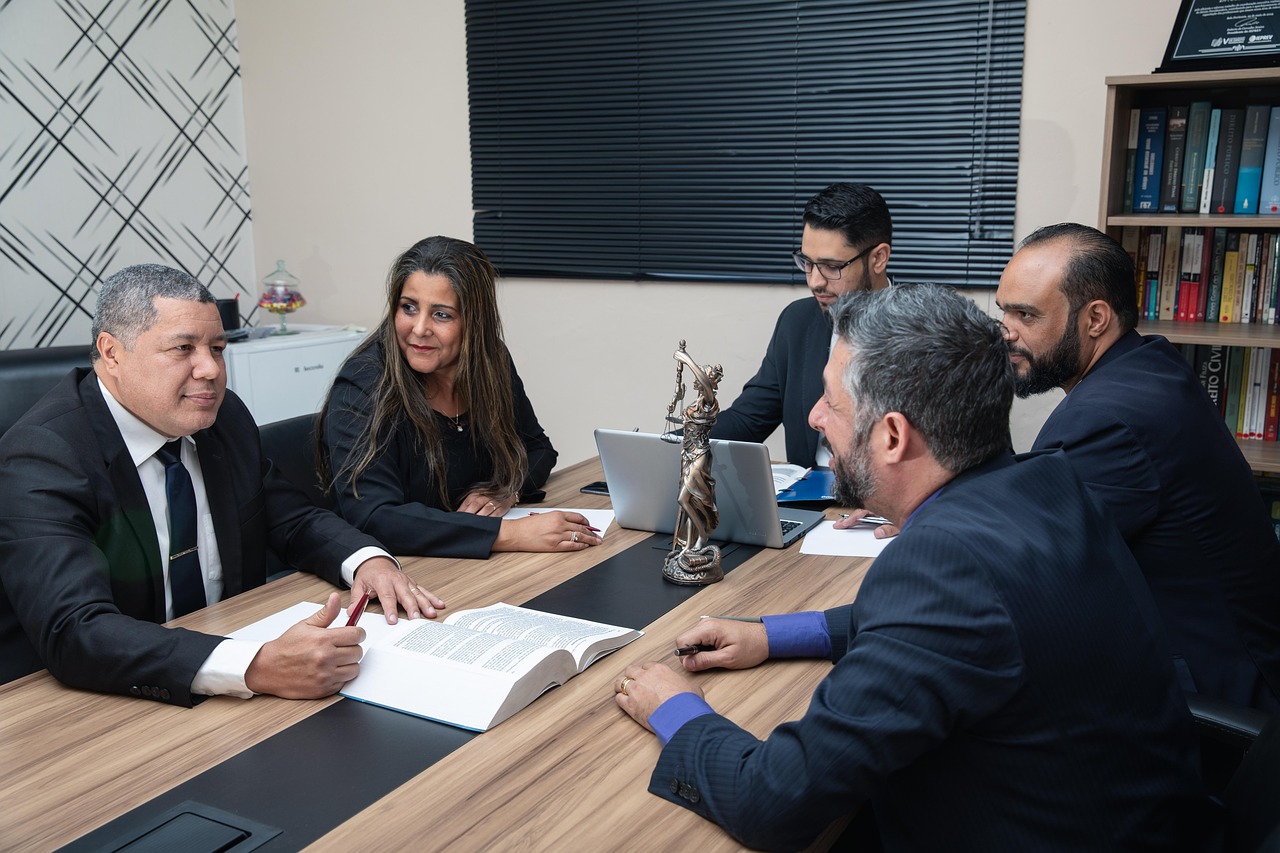There’s a simple story that holds a powerful truth about leadership.
A deaf man would often call out to his wife. Each time, she replied, “I’m coming!” But he couldn’t hear her. Frustrated, he assumed she was deaf. In reality, he was the one who couldn’t hear — yet he blamed her.
This short parable speaks volumes about a problem plaguing many workplaces today: leaders who are unaware of their own limitations but quick to assign blame.
The Leadership Blind Spot
Many managers complain about unmotivated teams, poor communication, or lack of accountability. But how often do they pause and ask:
“Could the problem be me?”
Like the deaf man, some managers operate with a blind spot — believing they’re clear, supportive, and present, when their teams experience them as reactive, unavailable, or out of touch.
This gap between intention and perception causes real damage: missed opportunities, broken trust, and disengaged employees.
The Power of Listening
Listening is a leadership superpower. Not just hearing words, but truly listening — with empathy, awareness, and curiosity.
It builds trust. It improves performance. It helps leaders detect problems before they escalate.
But here’s the challenge: Listening requires effort. Most managers are trained to give direction and drive results, not to slow down and ask the right questions.
Common Signs You’re “Deaf” as a Leader
If you:
• Frequently repeat instructions but get inconsistent results
• Feel like your team is “not getting it”
• Get little feedback or silence during meetings
• Blame others for communication gaps
…you might not be hearing what your team is trying to tell you.
From Assumptions to Awareness
Assumptive leadership — where you believe others are the problem — is a dangerous pattern.
Here’s why:
• You misdiagnose issues, solving symptoms instead of root causes
• You damage morale, leading to low trust and high turnover
• You stifle communication, as employees stop speaking up
Instead, strong leadership begins with one question:
“What am I not seeing or hearing?”
Build a Listening Culture
Great leadership doesn’t just happen at the top — it should ripple through the organization.
To build a listening culture:
• Encourage open dialogue at all levels
• Normalize feedback, not just annual reviews
• Reward transparency and honesty
• Admit mistakes openly — model humility
When people feel heard, they perform better. They trust more. They innovate.
Final Thoughts
The story of the deaf man is a mirror for today’s leaders. It reminds us that blame is easy — self-awareness takes courage.
If your team seems distant, disengaged, or unresponsive, don’t shout louder. Instead, listen better.
The best managers don’t just lead — they listen deeply, respond thoughtfully, and create space for others to be their best.
So ask yourself today:
Am I really listening? Or am I just waiting to speak?
Crest Dynamics Management Consultancy PLT
6018-3885 822


